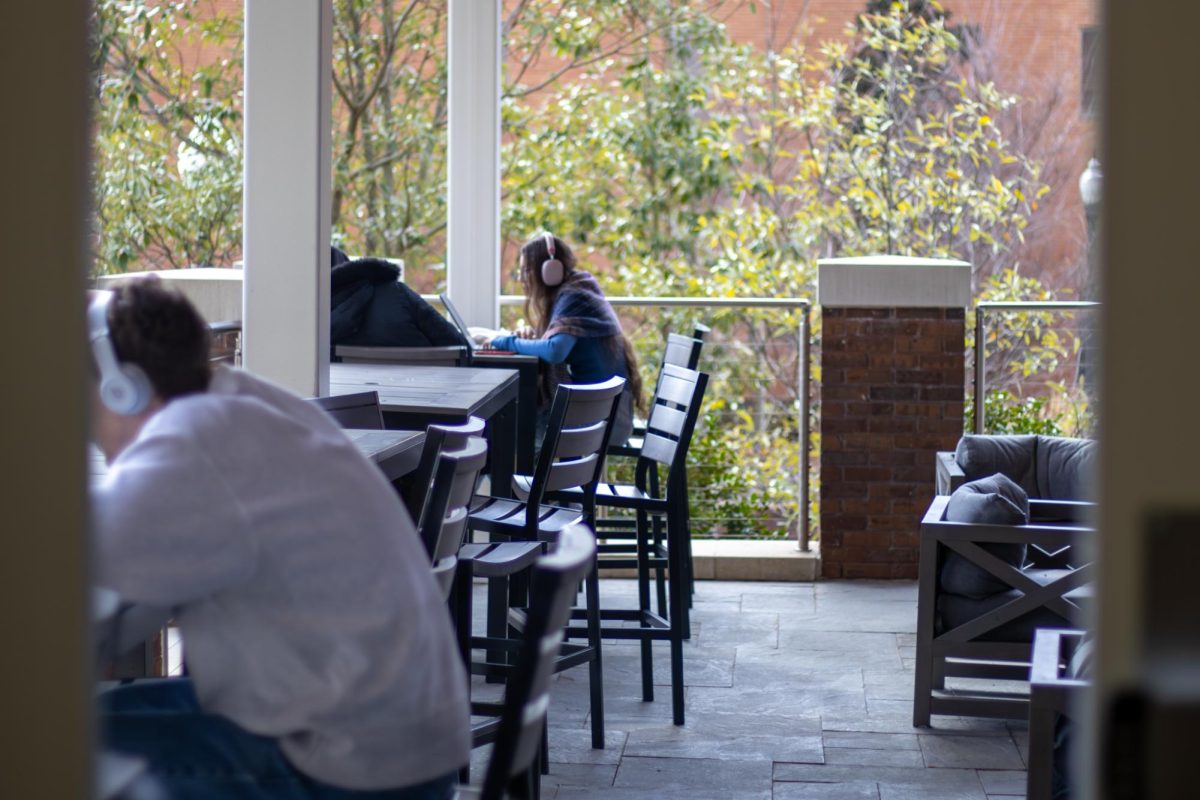When thinking about places you go to socialize, you are most likely thinking of “first” and “second” places. There are three places that sociologists refer to as common social environments, and “third” places are dwindling in number thanks to an increasingly digitized society.
The numbering of spaces is a sociological concept. The first place is home, where you feel the most relaxed and typically only interact with those closest to you. The second place is work or school, somewhere you are required to be on a regular basis and where you will frequently see the same people over and over again.
Third places are defined as any social environment that does not fall in the first two categories. Some examples include churches, cafes, bookstores, public libraries, gyms, bars, theaters, and community centers.
The term “third place” does not currently include online communities, according to Dr. Narae Lee at the Population Research Institute of The Pennsylvania State University.
In an interview on the subject with Today, Lee discussed the concept of third places as well as their importance to our physical and emotional wellbeing, noting that while online communities have been shown to have positive effects on our social health, they are nowhere near as positive as physical places.
Lee explains that third places are spaces in which we can engage either in direct social interaction through small talk and activities or indirect social interaction while being surrounded by people with similar interests to you.
Why do these spaces matter so much? Lee points to our “increasingly lonely society,” particularly in the aftermath of the COVID-19 pandemic.
“It’s crucial for people to escape from a sense of loneliness and build a sense of community,” Lee said. “Some people go to third places to be surrounded by other people, watch them and rest while just enjoying the ambience and white noise.”
There is also the economic impact of third spaces to consider. “Third places are crucial for the local economy to create job opportunities. Lockdown showed us just how much we are relying on third places,” Lee said. “People lost jobs, and they also lost places to enjoy social activities, which heightened psychological and mental distress.”
One of the best examples of a fallen third place is the American shopping mall. A staple of 90s and early 2000s culture, shopping malls were known for being hubs of social activity, particularly amongst the youth.
According to Statista, an online data resource, national mall vacancy rates stood at 5.6% in the first fiscal quarter of 2023. While this number may seem small, when applied to the national number of shopping malls, it is not.
Statista also reported that in 2020 over 5,000 stores were closed due to the newfound bankruptcy of mall-based retailers. There are several reasons as to why mall culture is dissipating, but a major one is the rise of online shopping.
Forbes Advisor estimates that approximately 24% of retail purchases will be made online by 2026. Online shopping is easier for a lot of people. There are options galore all in one place and products tend to be cheaper. For an individual’s pockets, it makes sense to stay home.
But what about the lost social aspect? Marissa Armstrong wrote an article for The State Press in April 2023 titled “The death of mall culture and the new age of shopping.” In this article, Tiffany Rauch — an administrative assistant for Arizona State University’s NewSpace — was quoted on her feelings towards the loss of malls.
“It was not simply shopping,” Rauch said. “It was a destination trip to go shopping. The mall is no longer a destination of fun for me.”
For Rauch, the mall used to be a full “recreational experience” with food and friends.
Now, shopping malls represent part of a bygone era. Several third places require money to be spent in order to justify one’s being in that location. Think about coffee shops where only customers are allowed to sit. It makes sense as to why people are not spending afternoons there anymore, particularly with global inflation rates.
However, it does not change the facts, and the facts are as follows: Third places are incredibly important to our wellbeing, and we are suffering from their loss.
When I try to think of a place that I can go to spend time off-campus that is not my home — which is in another state, mind you— without having to spend money, I draw a blank.
In fact, the only place in Starkville that I can think of off the top of my head that allows for visitors at no cost is the Starkville Public Library, which operates on hours that are not always convenient for me.
Everything else, it seems, costs money, meaning that I spend more time alone in my dorm than I would like, and I doubt I am alone in this. Starkville, Mississippi, America and Earth, please bring back third places, for the good of the people.


























































































